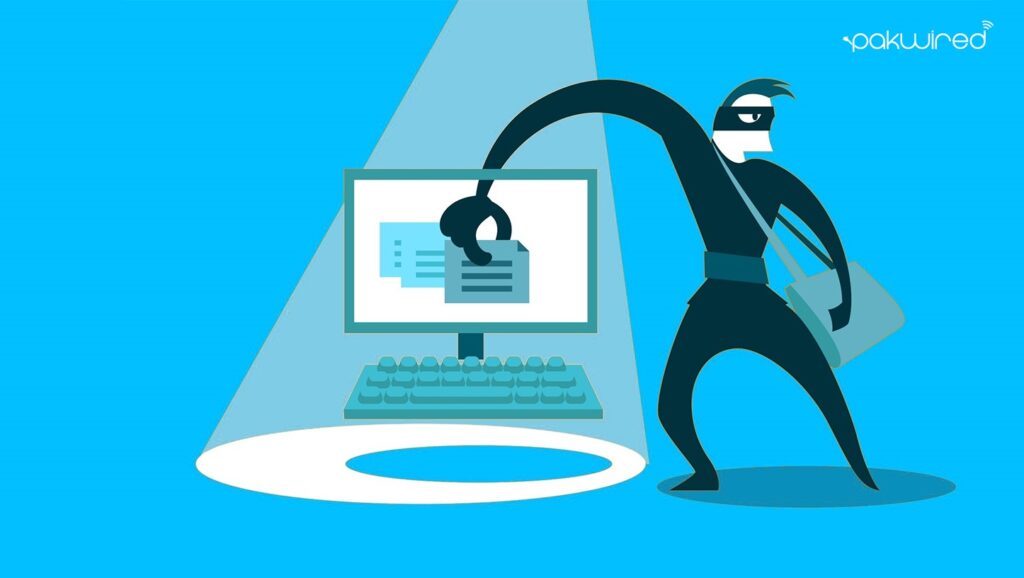
Hiring a cybersecurity developer is a crucial step in safeguarding your business against potential cyber threats. Here’s a guide on how to hire a cybersecurity developer to protect your business:
**1. Understand Your Needs:
- Before initiating the hiring process, identify your specific cybersecurity needs. Determine the scope of the role, the skills required, and the areas of your business that need protection. This could include network security, application security, cloud security, or incident response.
**2. Define the Role:
- Clearly define the role and responsibilities of the cybersecurity developer. Consider whether you need someone specialized in penetration testing, vulnerability assessment, secure coding practices, or a combination of these skills.
**3. Identify Key Skills:
- Look for candidates with a strong foundation in cybersecurity principles and a skill set that matches your business requirements. Key skills may include:
- Proficiency in programming languages (e.g., Python, Java, C++).
- Knowledge of cybersecurity frameworks and standards.
- Experience with security tools (e.g., Wireshark, Nmap, Metasploit).
- Familiarity with cloud security (e.g., AWS, Azure, GCP).
- Understanding of encryption protocols and techniques.
- Certifications such as CISSP, CEH, or CompTIA Security+ can also be valuable.
**4. Check Education and Certifications:
- Look for candidates with relevant academic qualifications and industry certifications. A degree in computer science, cybersecurity, or a related field, combined with certifications, demonstrates a commitment to continuous learning and expertise.
**5. Industry Experience:
- Prioritize candidates with hands-on experience in cybersecurity roles. Real-world experience is crucial for understanding the complexities of securing systems and responding to incidents.
**6. Review Past Projects:
- Assess the candidate’s previous projects and achievements. Look for experience in implementing security measures, conducting risk assessments, and responding to security incidents.
**7. Conduct Technical Interviews:
- Design technical interviews that assess the candidate’s problem-solving skills, knowledge of security best practices, and ability to address specific cybersecurity challenges. Ask about their approach to securing different aspects of a business, including networks, applications, and data.
**8. Assess Communication Skills:
- Effective communication is essential for a cybersecurity professional. Assess the candidate’s ability to communicate complex security concepts to non-technical stakeholders, write clear and concise reports, and collaborate with different teams.
**9. Ethical Hacking Skills:
- Consider candidates who have experience with ethical hacking or penetration testing. These skills are valuable for identifying vulnerabilities in systems and applications from an attacker’s perspective.
**10. Evaluate Cultural Fit: – Assess how well the candidate aligns with your company’s values and culture. Cybersecurity professionals need to work collaboratively with other teams, so a good fit within the organizational culture is important.
**11. Background Checks: – Perform thorough background checks to verify the candidate’s credentials and ensure they have a clean record. This is especially important when hiring for a role that involves handling sensitive information.
**12. Stay Updated on Cybersecurity Trends: – Stay informed about current cybersecurity trends and threats. This knowledge will help you ask relevant questions during interviews and assess a candidate’s awareness of emerging risks.
**13. Offer Competitive Compensation: – Cybersecurity professionals are in high demand, so offering competitive compensation is crucial to attract and retain top talent. Consider benefits, bonuses, and professional development opportunities as part of the package.
**14. Provide Growth Opportunities: – Outline potential growth opportunities within your organization. Cybersecurity professionals often value roles that allow for continuous learning and career advancement.
**15. Consider Remote Work Options: – Given the nature of cybersecurity work, consider offering remote work options to attract candidates who may prefer flexibility in their work arrangements.
By following these steps, you can identify and hire a cybersecurity developer who possesses the skills and expertise necessary to protect your business from evolving cyber threats. A proactive and well-planned approach to hiring in the cybersecurity domain is essential for building a robust security posture for your organization.